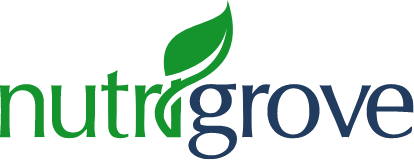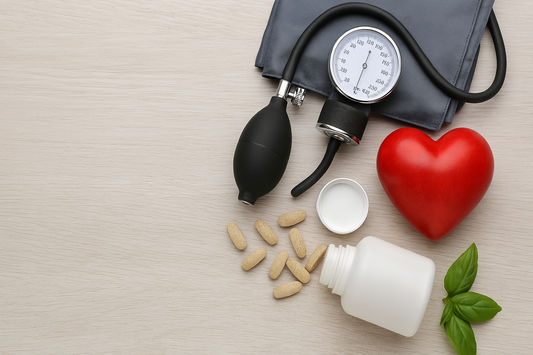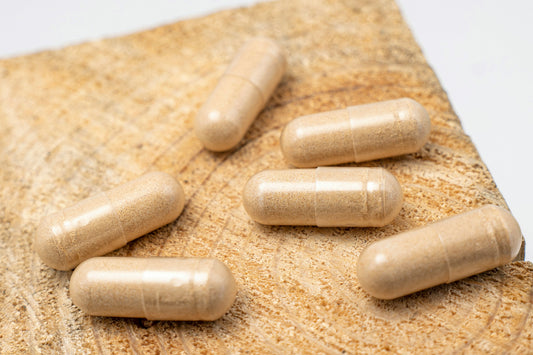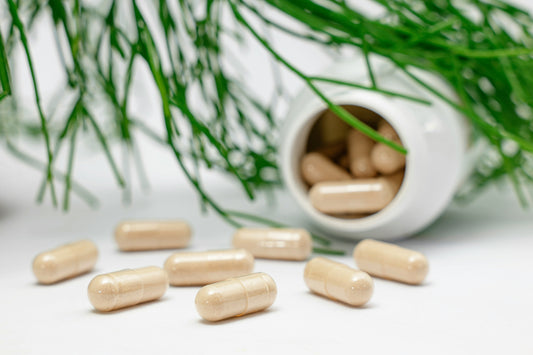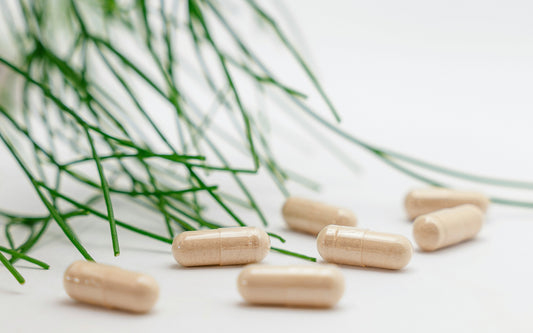Discover the Best Natural Blood Pressure Supplement Today
If you’re searching for the best natural blood pressure supplement to support heart health and healthy circulation, look no further than NutriGrove Blood Pressure Support. Formulated with eight powerful botanicals, this daily supplement helps maintain balanced blood pressure and overall cardiovascular wellness — the natural way.
Unlike generic supplements that focus on a single nutrient, NutriGrove’s formula combines Hawthorn Berry, Hibiscus Flower, Garlic, Olive Leaf, Green Tea, Juniper Berry, Buchu Leaf, and Uva Ursi Leaf to target multiple factors that influence blood pressure. Each ingredient plays a key role in supporting circulation, energy, and heart function.
Why Choose a Natural Blood Pressure Supplement?
High blood pressure often builds quietly over time. While prescription medications can be effective, many people also want a natural, preventive approach to maintaining healthy numbers.
That’s where NutriGrove comes in.
NutriGrove’s Blood Pressure Support blend uses ingredients backed by research for their cardiovascular benefits:
Hawthorn Berry helps relax and widen blood vessels, improving circulation.
Hibiscus Flower supports arterial health and has been shown to help maintain healthy blood pressure levels.
Garlic Powder promotes nitric oxide production and supports overall heart function.
Olive Leaf Extract provides antioxidant support for healthy arteries.
Juniper Berry helps balance fluids in the body, naturally aiding blood pressure regulation.
Green Tea Leaf offers antioxidant support and promotes energy.
Buchu Leaf and Uva Ursi Leaf help with kidney function and fluid balance, complementing heart health.

Together, these ingredients make NutriGrove one of the most comprehensive natural blood pressure supplements available.
Natural Remedies that Work with NutriGrove
NutriGrove works best as part of a complete lifestyle plan. To get the most from your supplement:
Stay Active – Aim for at least 30 minutes of movement daily to promote circulation.
Eat Heart-Healthy Foods – Focus on fruits, vegetables, whole grains, and healthy fats.
Reduce Sodium & Sugar – Even small changes can support healthy blood pressure.
Manage Stress – Meditation, deep breathing, and regular rest can all help balance blood pressure.
Combining NutriGrove with these proven habits creates a powerful, natural system for lifelong heart health.
How NutriGrove Differs from Other Supplements
Many supplements rely on one or two ingredients — such as beetroot, CoQ10, or magnesium — which can offer benefits but only address part of the problem. NutriGrove’s eight-ingredient blend was designed to take a broader approach.
| Common Ingredient | What It Does | Why NutriGrove Is Better |
|---|---|---|
| Beetroot | Supports nitric oxide production | NutriGrove includes Beet-like benefits through Garlic, Hibiscus, and Hawthorn — without messy juicing |
| CoQ10 | Antioxidant support | NutriGrove’s Green Tea and Olive Leaf provide strong antioxidant protection naturally |
| Magnesium | Relaxes blood vessels | Hawthorn and Hibiscus support vascular relaxation more holistically |
With NutriGrove, you get multiple proven ingredients in one daily capsule, saving time and money versus managing a dozen single-ingredient bottles.
Proven Lifestyle Tips for Healthy Blood Pressure
Alongside your daily NutriGrove capsule, these habits can magnify results:
| Method | Benefit |
|---|---|
| Regular Exercise | Strengthens the heart and improves circulation |
| Healthy Diet | Reduces sodium, provides key nutrients |
| Stress Reduction | Lowers cortisol and supports heart rhythm |
| Quality Sleep | Helps regulate blood pressure hormones |
💊 Make NutriGrove part of your daily wellness routine — Shop NutriGrove Blood Pressure Support on Amazon
Consult Your Healthcare Provider
As with any supplement, it’s wise to check with your healthcare provider before beginning. NutriGrove is made from natural, plant-based ingredients, but every individual’s needs differ. Discuss how NutriGrove can complement your current routine.
The NutriGrove Advantage
🌿 8 premium natural ingredients
💓 Supports circulation, heart function, and energy
🩸 Helps maintain already-healthy blood pressure levels
🇺🇸 Made in the USA in GMP-certified facilities
🚫 No GMOs, gluten, or artificial fillers
Start taking charge of your heart health today.
Experience the difference with NutriGrove Blood Pressure Support.
FAQ
What makes NutriGrove different from other blood pressure supplements?
NutriGrove combines eight natural ingredients that support heart health from multiple angles — not just one or two.
Does NutriGrove contain beet root?
NutriGrove delivers similar nitric oxide–supporting benefits through Garlic, Hawthorn, and Hibiscus, so you get the power of beetroot without the mess.
How long before I notice results?
Most customers report feeling more balanced energy and improved overall wellness within a few weeks of consistent daily use.
Can I take NutriGrove with my medications?
Consult your healthcare provider before starting any supplement, especially if you take medication for blood pressure or heart health.
Where can I buy NutriGrove Blood Pressure Support?
You can purchase directly on Amazon — click here to shop NutriGrove Blood Pressure Support.
Conclusion
When it comes to maintaining healthy blood pressure, simplicity and consistency win. NutriGrove Blood Pressure Support makes it easy — just one capsule a day gives your heart eight proven natural allies to help you live stronger, longer, and healthier.
❤️ Support your heart the natural way — Shop NutriGrove Blood Pressure Support on Amazon.
